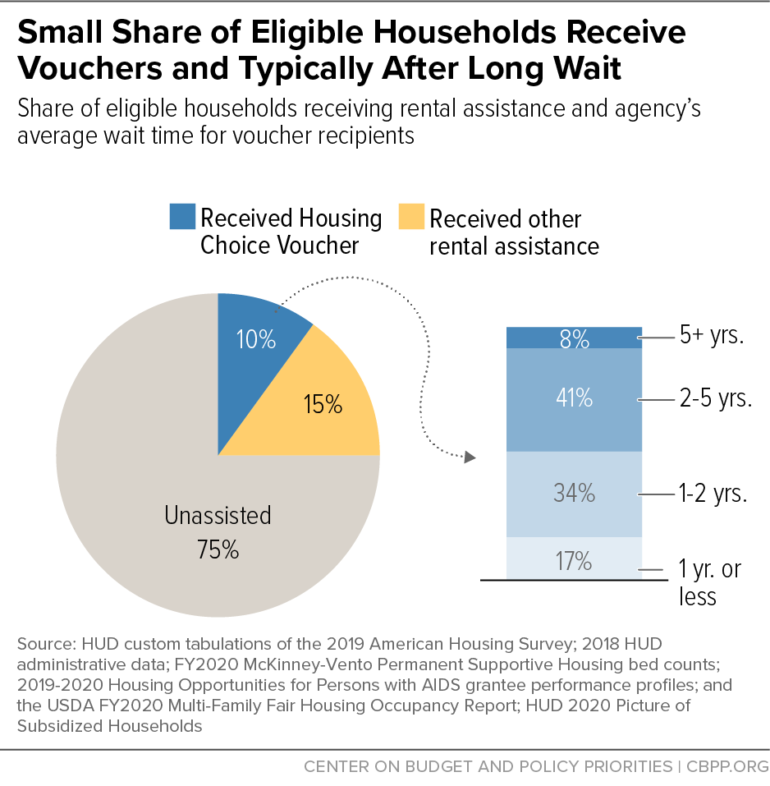Nobody likes waiting for services, whether it’s a long line at the grocery store or an extra half-hour in a doctor’s waiting room. Turns out wait times are not the same for everyone: Black Americans and lower income Americans wait longer.
This inequity is spelled out in an article in Nature Human Behaviour co-authored by Stephen Holt, associate professor of public administration and policy at Rockefeller College of Public Affairs and Policy. The article, “Examining inequity in the time cost of waiting,” suggests clear implications of the waiting gap, even beyond stress and the loss of productivity. Longer waits for medical services result in worse health outcomes, and long lines at the polls impact people’s ability to cast their ballots.
Holt and co-author Katie Vinopal, an associate professor at Ohio State University’s John Glenn College of Public Affairs, used 17 years of data from the American Time-Use Survey, based on time diaries collected by the U.S. Bureau of Labor Statistics. They compared waiting times among households of different income levels and adjusted results for work and travel time, family obligations, education and demographics.
“The unconditional gap in waiting time suggests low-income people spend at least six more hours per year waiting for services than high-income people,” the article states. “Further, high-income Black people experience the same higher average wait times as low-income people regardless of race.”
“Generally, people understand that we have some agency in how we decide to spend our time. What makes waiting unique is that sometimes you need the service, say medical attention for instance, and can’t just choose not to wait,” Holt said. “We show that economic and social inequities create inequities in our autonomy over our own time, and that disadvantaged groups pay a higher price for services in the form of their time.”
Waiting in line is not the only example of income-related time inequity, Holt and Vinopal explain.
Higher-income and salaried employees people typically have the flexibility to make appointments during paid work hours, use time-saving conveniences such as food delivery, or pay someone else to take care of a child or aging parent. Low-paid and hourly employees are more likely to lose income during needed medical appointments or child-care and school obligations, and more likely to care for family members themselves. “Since women and people of color are more likely to be employed in less flexible, hourly jobs, this also has implications for gender and racial time inequality,” the article states.
Lower income people are also more likely to interact with government agencies for services, necessitating “substantial time spent on paperwork, in government waiting rooms and on the phone dealing with bureaucracy,” according to the article.
Racism and class discrimination add to this “time poverty.” The article notes that in the 2016 presidential election residents of Black neighborhoods waited nearly 30% longer than residents of white neighborhoods, Black Americans have a harder time getting mental health appointments and people who “sound Black” on the phone take twice as long to find apartments than white-sounding callers.
“The difference in treatment when seeking basic services represents a pernicious inequality in the daily lives of the rich and poor,” Holt and Vinopal write. “Beyond the economic effects of imposed unproductive time, additional time waiting for basic services makes predictable daily schedules more difficult, leading to stress and creating spillovers into the quality of time spent in other activities.”
The article suggests that wait times differences are actually greater than reported, and that further study is needed into how wait time affects productivity and civic engagement, and whether socioeconomic and racial representation among public sector employees would reduce wait time and increase efficiency.
More information:
Stephen B. Holt et al, Examining inequality in the time cost of waiting, Nature Human Behaviour (2023). DOI: 10.1038/s41562-023-01524-w
Provided by
University at Albany
Citation:
Social inequities reflected in wait times: The poor wait longer (2023, February 24)
